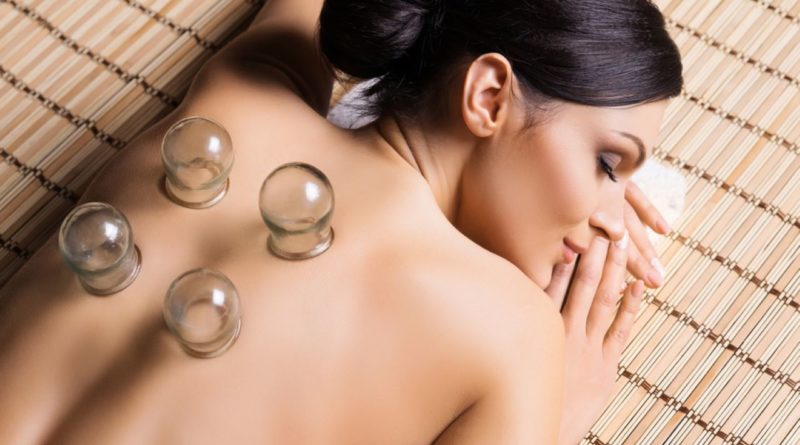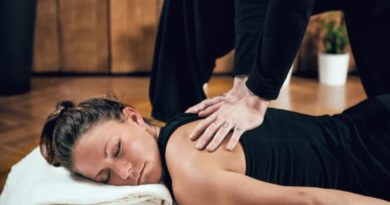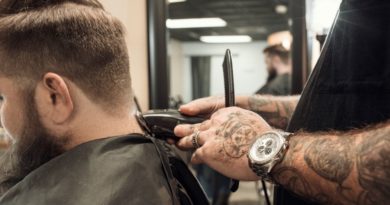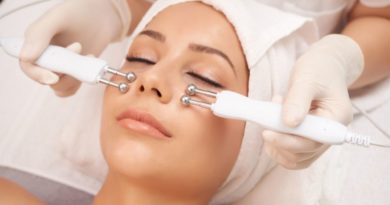Cupping Courses: Learn How to do Cupping Massage
Considering a Cupping Course?
If you are eager to learn how to do cupping massage to help people relieve stress and pain, a cupping course would be a perfect choice for you. This kind of massage can be an excellent addition to your massage practice. It helps you work deeply with ease. You will be equipped with a variety of techniques and cups. These techniques include, advanced cupping techniques, facial cupping, micro magnet cups, lymphatic drainage techniques and how to use massage cupping machines. This kind of therapy is incredibly versatile and the basic movements can be customised easily and adapted to accomplish many different techniques from deep tissue release to lymphatic draining massage. There are so many cupping courses currently available right now, so there are no excuses not to get started.
What is Cupping?
Cupping is an ancient kind of alternative medicine in which a therapist places special cups on your skin for a few minutes to crate suction. People get it for a variety of purposes, including to help with inflammation, pain, relaxation, blood flow and wellbeing and as a kind of deep-tissue massage. The cups can be made of bamboo, silicone, earthenware or glass. While cupping may be trendy now, it is not new. It dates back to ancient Chinese, Egyptian and Middle Eastern cultures. One of the oldest medical textbooks in the world, the Ebers Papyrus, describes how the ancient Egyptians used cupping in 1,500 BC. There are different methods of cupping, including: wet and dry.
During both kinds of cupping, your therapist will put a flammable substance such as herbs, paper or alcohol in a cup and set it on fire. As the flame goes out, they put the cup upside down on your skin. As the air inside the cup cools down, it creates a vacuum. This causes the skin to rise and redden as the blood vessels expand. The cup is typically left in place for up to 3 minutes. A more modern version of cupping utilises a rubber pump instead of fire to create the vacuum inside the cup. Occasionally therapists use silicone cups, which they can move from place to place on your skin for a massage-like experience.
Wet cupping creates a mild suction by leaving a cup in place for around 3 minutes. The therapist then removes the cup and uses a tiny scalpel to make light, tiny cuts on your skin. Next, they do a second suction to draw out a small amount of blood. You may get between 3 and 5 cups in your first session. Alternatively, you may just try one to see how it goes. It is rare to get over 7 cups. Cupping supporters believe that wet cupping removes harmful toxins and substances from the body to promote healing, however, this is not proven. Some people also avail of ‘needle cupping’, which therapists first insert acupuncture needles and then place cups over them.
What Will I Learn?
You will learn how to use the various cups to tone muscles that are over stretched and over worked, soften tight muscles and loosen adhesions Students will learn to lift connective tissue, draw debris from deep inflammation and injury to the skin surface for elimination and bring hydration and blood flow to body tissues. The course will teach you how to drain excess toxins and fluid by opening lymphatic pathways and you will explore a wide range of static and moving cupping techniques and cupping massage. You can expect to be able to work on the entire body – the neck, back and shoulders, the face, legs and feet, abdomen and the arms and hands. On completion of the course, you will be able to work with clients who present with common complaints such as plantar fasciitis, arthritic pain, muscular tightness and pain, recurrent infection Pbis, stress, adhesions and restricted joint mobility.
Career Opportunities
After completing your cupping course, you can work as a cupping therapist. You can also use the course qualification to enhance your career as a beauty therapist or massage therapist.
Course Progression
If you really enjoyed your cupping course and would like to learn more, there is always room to progress. You could go on to do a beauty therapy course, a massage course or do courses related to the field of cupping.
If you’re serious about doing a cupping course, check out courses near you in the Nightcourses.co.uk national course finder.




